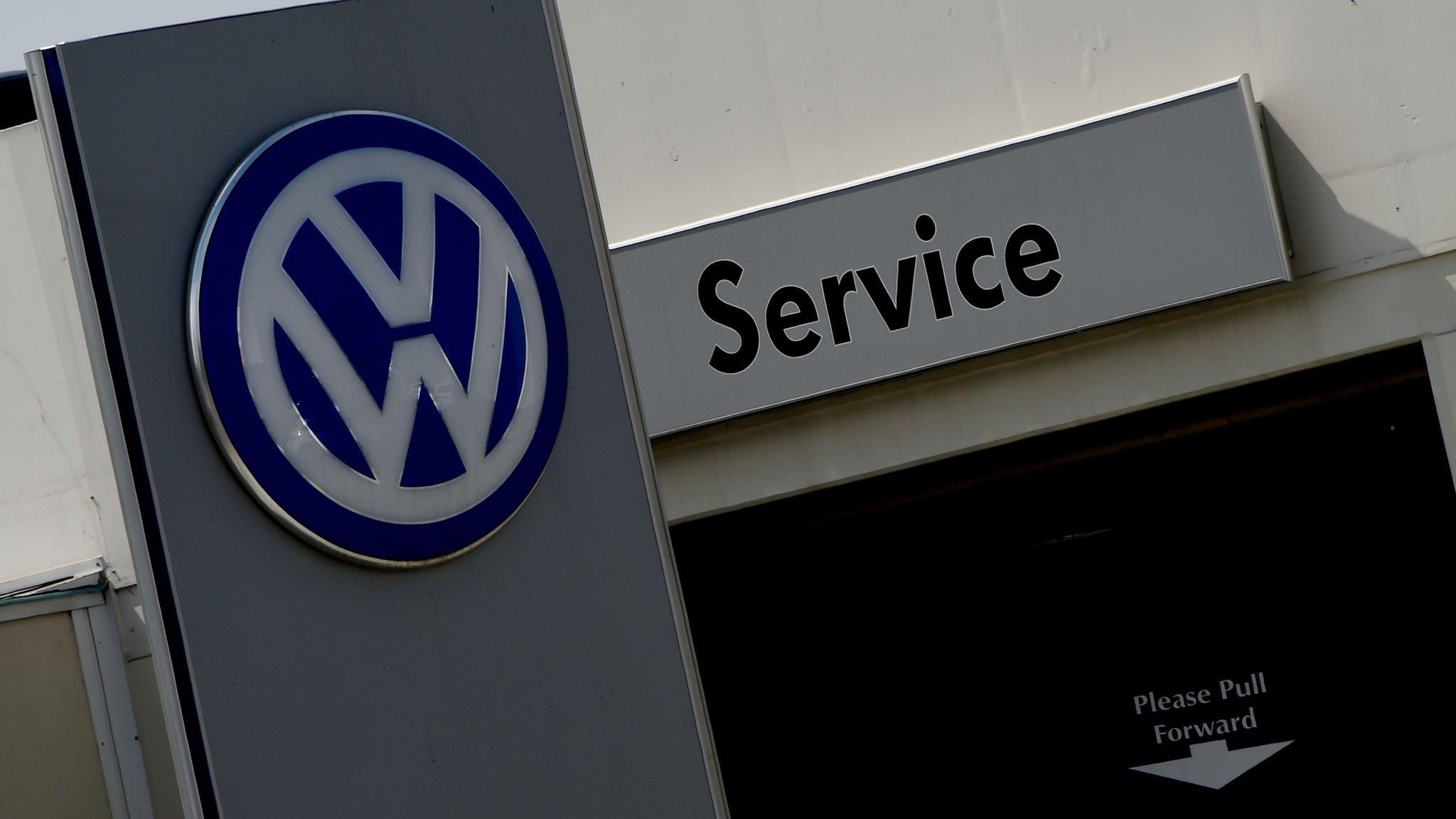Renault considers killing off diesel engines
- Published
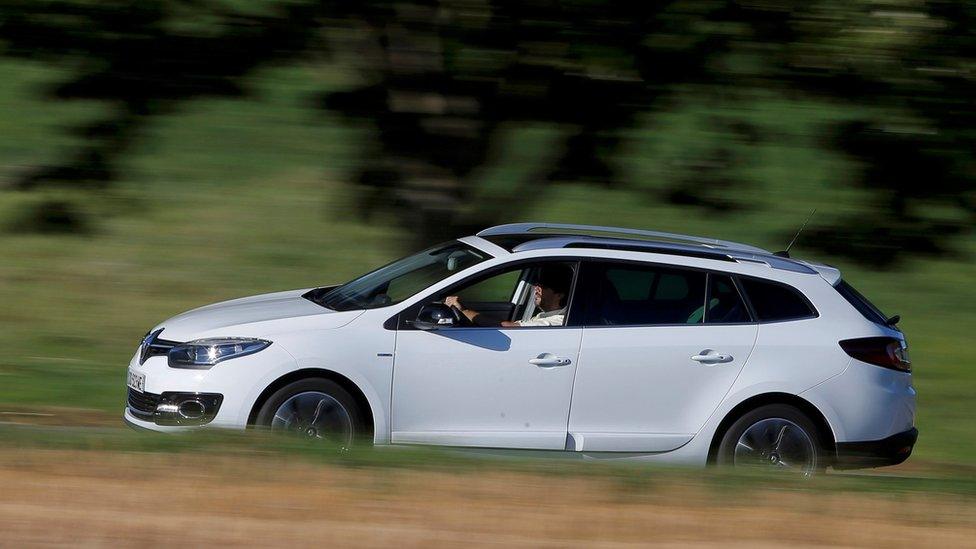
Renault may stop offering diesel engines in its passenger cars
Renault, the French car maker, may stop offering diesel engines in most of its cars sold in Europe.
The move is a reaction to the cost of ensuring that diesel engines comply with tighter emissions regulations.
The crackdown follows last year's diesel emissions scandal involving German car maker Volkswagen.
Renault's move was reported by Reuters and has not yet been officially announced.
Senior Renault executive Thierry Bollore has said that tougher emissions standards and testing methods would make diesel engines uneconomic to make.
He told a meeting of Renault bosses in July that diesel engines had already been removed from the company's smallest cars, such as the Twingo, even before the Volkswagen scandal.
By 2020, when more stringent EU emissions standards come into force, larger Renault cars such as the Clio and the Megane are unlikely to have diesel engine variants.
More than 60% of the 1.6 million cars Renault sold in Europe last year were diesels.
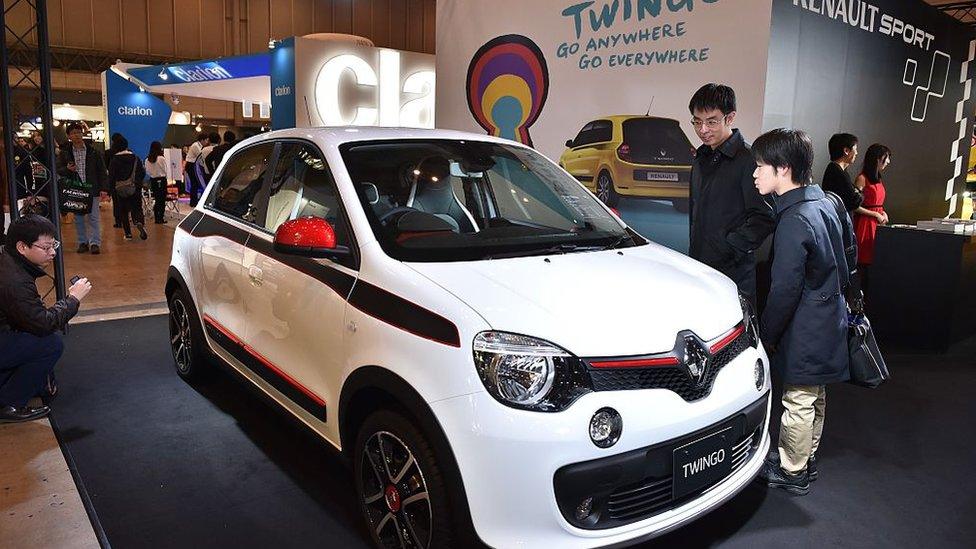
Volkswagen's chief executive, Matthias Mueller, said in June that his company was now wondering "whether it still makes sense to invest a lot of money in further developing diesel".
From 2019, tougher European rules on diesel engines will involve measuring emissions in real-world driving conditions, making the new standards much harder to comply with.
For its part, Renault is being investigated by the French authorities for publishing suspected fraudulent emissions figures as the fallout from the Volkswagen scandal continues
According to French road tests on 100 vehicles, Renault and Nissan cars emit more than eight times the current limits for nitrogen oxide.
- Published6 September 2016
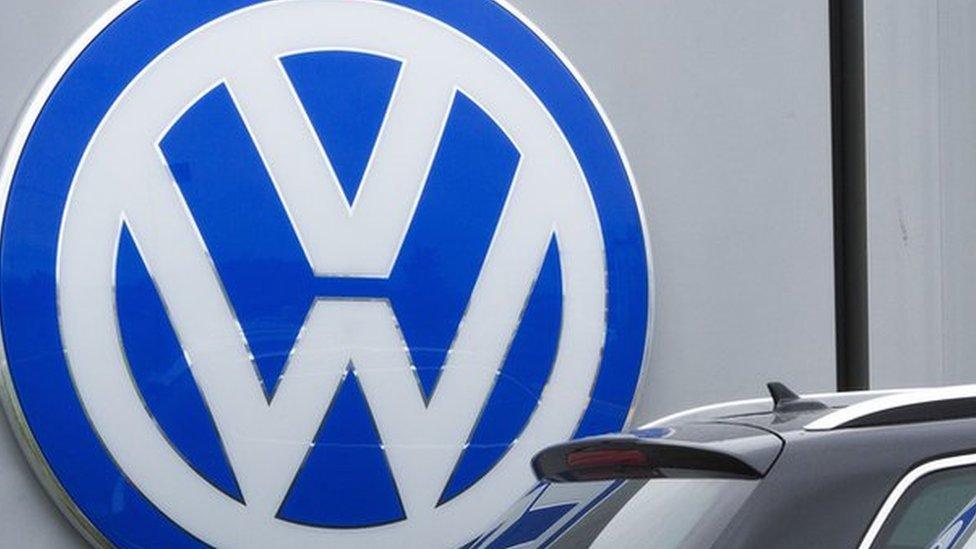
- Published1 September 2016
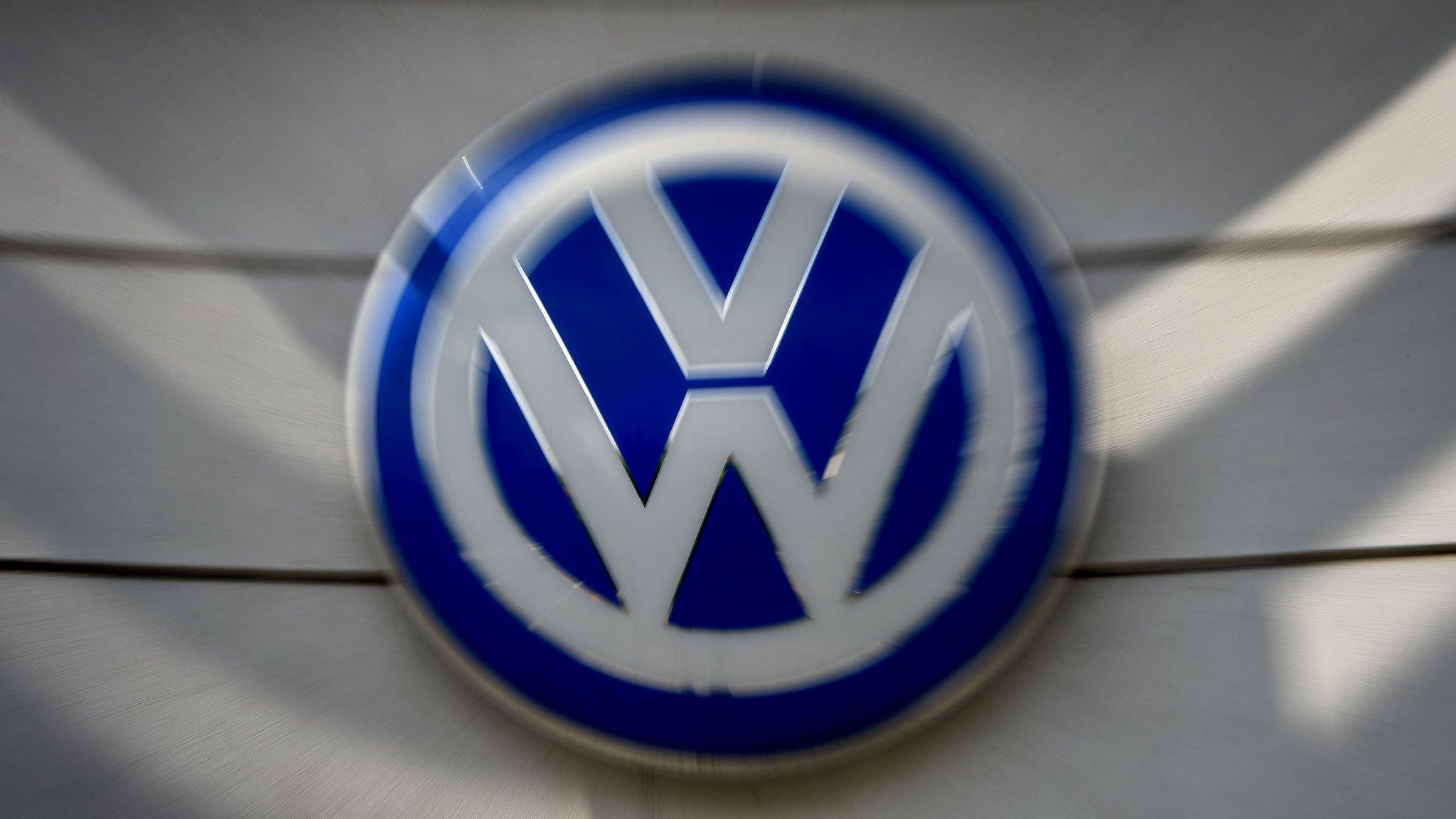
- Published5 August 2016
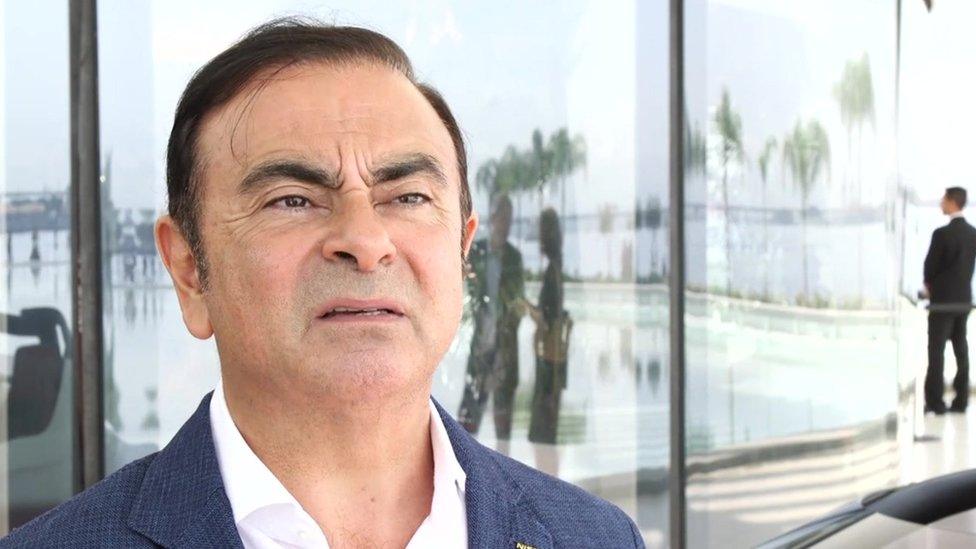
- Published20 July 2016
